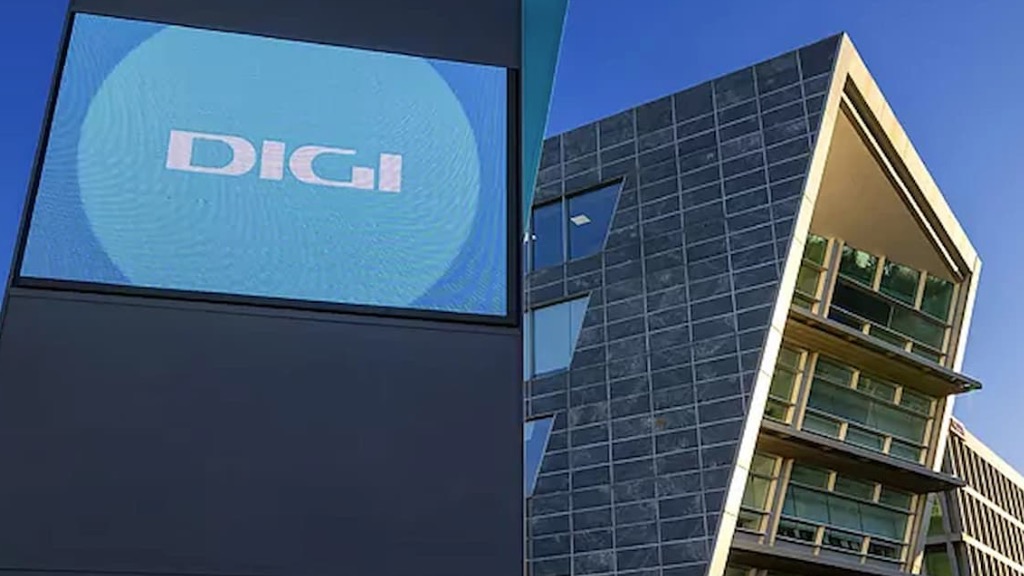By its decision of 23 January 2024, ANACOM notified NOWO Communications (NOWO) and DIGI Portugal (DIGI). Find out what NOWO and DIGI can do from now on.
Anacom announced End of current restrictions in the 3.6 GHz frequency band, which were allocated in the auction to allocate rights to use frequencies in the 700 MHz, 900 MHz, 1800 MHz, 2.1 GHz, 2.6 GHz and 3.6 GHz bands. (Fifth Generation Auction), subject to conditions Regulation No. 987-A/2020on November 5.
Thus, NOWO and DIGI can begin to explore this spectrum without the restrictions that this exploration has been subject to. In addition, with the expiration of these restrictions, these companies now have a period of one year to begin providing electronic communications services that are accessible to the public using these frequencies.
Rights to use 5G frequencies
By Resolution of 23 November 2021, the ANACOM Board of Directors decided to grant:
- a Dense Broadcast the DUF corresponding to 40 MHz in the 3.6 GHz frequency band, assigning frequencies 3440-3480 MHz for this purpose.
- a dexarobil DUF corresponding to:
- 2 x 5 MHz in the 900 MHz frequency band in the frequencies scheduled to be allocated under the provisions of Article (39) of the Bidding Regulations;
- 2 x 5 MHz in the 1800 MHz frequency band, with the frequencies 1780-1785 MHz / 1875-1880 MHz allocated for this purpose;
- 2 x 5 MHz in the 2.6 GHz frequency band (FDD), with frequencies 2500-2505 MHz / 2620-2625 MHz allocated for this purpose;
- 25 MHz in the 2.6 GHz frequency band (TDD), with frequencies 2595-2620 MHz allocated for this purpose;
- 40 MHz in the 3.6 GHz frequency band, with frequencies 3400-3440 MHz allocated for this purpose.
- a Mio DUF corresponding to:
- 2 x 5 MHz in the 700 MHz frequency band), with the frequencies 703-708 MHz / 758-763 MHz allocated for this purpose;
- 2 x 2 MHz in the 900 MHz frequency band in the frequencies scheduled to be allocated under the provisions of Article (39) of the auction system
- 90 MHz in the 3.6 GHz frequency band, with frequencies 3710-3800 MHz allocated for this purpose.
- a we DUF corresponding to:
- 2 x 10 MHz in the 700 MHz frequency band, with frequencies 723-733 MHz/778-788 MHz allocated for this purpose;
- 2 x 2 MHz in the 900 MHz frequency band in the frequencies scheduled to be allocated under the provisions of Article (39) of the Bidding Regulations;
- 2 x 5 MHz in the 2.1 GHz frequency band, with the frequencies 1954.9-1959.9 MHz / 2144.9-2149.9 MHz allocated for this purpose;
- 100 MHz in the 3.6 GHz frequency band, with frequencies 3610-3710 MHz allocated for this purpose.
- a now DUF corresponding to:
- 2 x 10 MHz in the 1800 MHz frequency band, with the frequencies 1770-1780 MHz / 1865-1875 MHz allocated for this purpose;
- 2 x 5 MHz in the 2.6 GHz frequency band (FDD), with frequencies 2505-2510 MHz / 2625-2630 MHz allocated for this purpose;
- 40 MHz in the 3.6 GHz frequency band, with frequencies 3480-3520 MHz allocated for this purpose.
- a Vodafone DUF corresponding to:
- 2 x 10 MHz in the 700 MHz frequency band, with frequencies 713-723 MHz/768-778 MHz allocated for this purpose;
- 90 MHz in the 3.6 GHz frequency band, with frequencies 3520-3610 MHz allocated for this purpose.
5G is the fifth generation mobile network of wireless communications standards, which evolved from 1G, 2G, 3G, and 4G. Connecting almost everything and everyone, including machines, objects, and devices, is the door that 5G opens to deliver faster data speeds of up to several gigabits per second, ultra-low latency, high reliability, massive network capacity, greater availability, and more experiences. Rich too. Part of the users.

“Wannabe internet buff. Future teen idol. Hardcore zombie guru. Gamer. Avid creator. Entrepreneur. Bacon ninja.”



